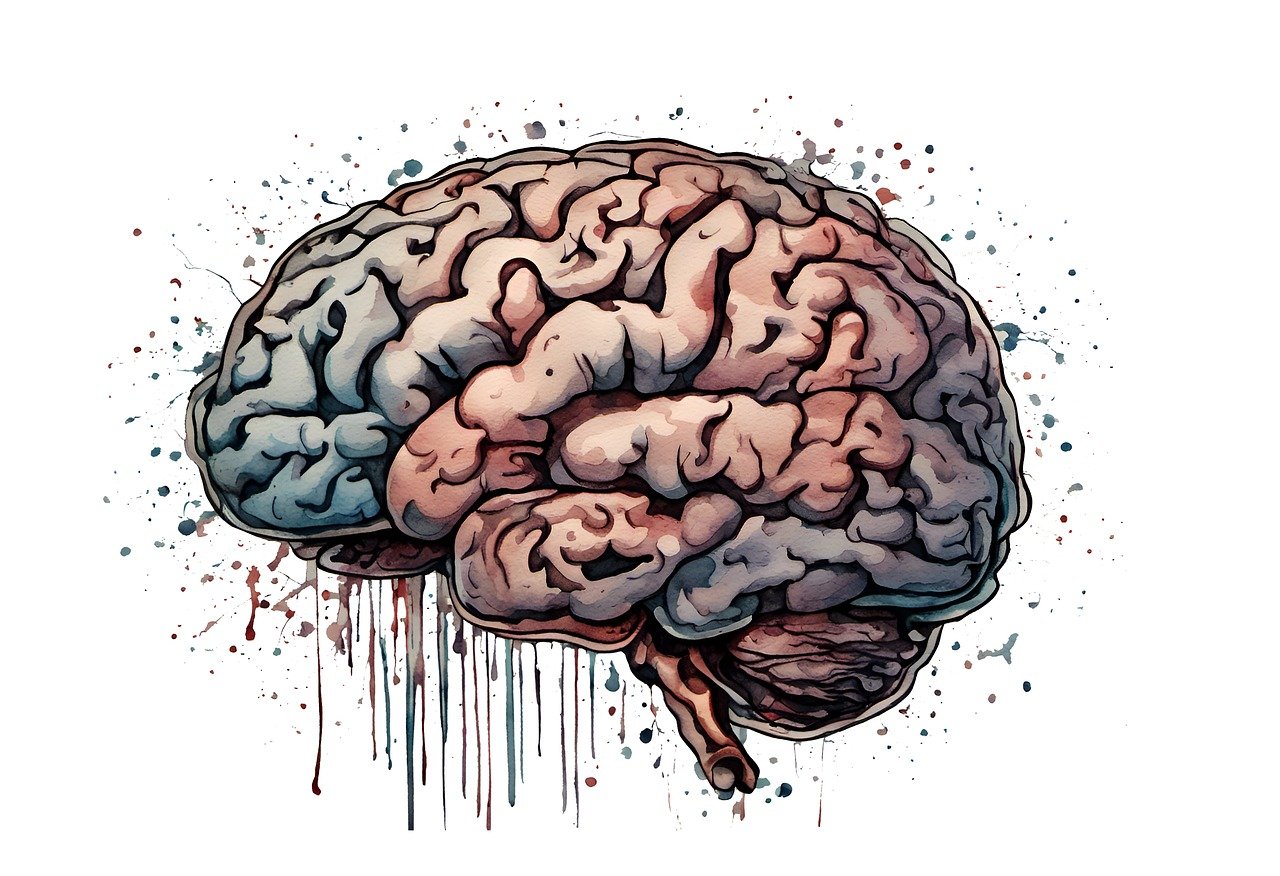According to research conducted by C. Kathleen Dorey and her team for the Journal of Alzheimer’s Disease, donor brains of known Alzheimer’s Dementia patients were found to have lower concentrations of the following substances:
- lutein – a carotenoid found naturally in egg yolks, spinach, grapes, kiwis, spinach, and squash
- zeaxanthin – closely related to lutein and is found in many of the same sources including mangos, corn and oranges
- anhydrolutein –
- retinol – a form of vitamin A found in most dairy products, orange colored fruits and vegetables, liver, and fatty fish
- lycopene – red and pink colored fruits and vegetables such as tomatoes, watermelons, grape fruits, etc.
- alpha-tocopherol – another more familiar name would be vitamin E, found in many nuts, legumes, oils such as olive oil, and avocados
Conversely, the donor brains had large concentrations of XMiAD, a currently not well known substance that is found in many older individuals’ brains.
While research is still ongoing on the topic, these new findings support the idea that carotenoids are crucial in determining brain health as the substances listed above primarily are.

